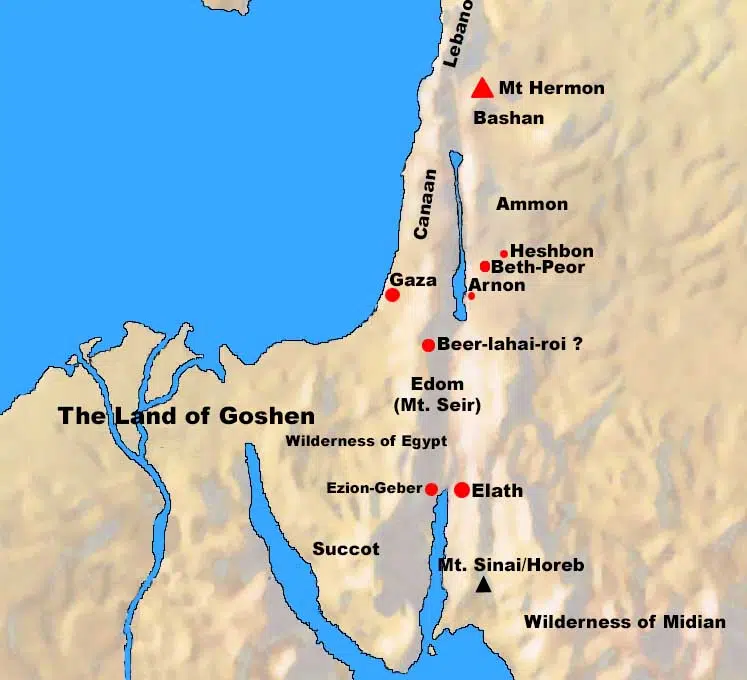Other garments to be worn by the priests are made. These garments included the turban, caps, breeches, and the sash. The design of these items was given in Exodus 28:39 – 43.
After making the robe, the weavers made the tunics of finely woven linen for Aaron and his sons. Since the tunics were finely woven linen it is likely they were worn as undergarments. These garments were worn not only by Aaron, the high priest, but also by his sons, the ordinary priests.
All of the priests wore a
- Turban of fine linen. A turban is a type of head covering.
- Decorated caps of fine linen. The “fine linen” (Heb. “shesh”) is derived from an Egyptian word and refers to high-quality white linen. The decorated caps were apparently a type of head covering different from the turban.
- Linen breeches of fine twisted linen. These “breeches” (Heb. “miknasayim”) could have been like trousers. Other translations consider breeches to refer to a form of undergarment and translate it so.
- Sash of fine twisted linen.It was made of blue and purple and scarlet material and was the work of the weaver (an expert craftsman). This again was likely a weave consisting of dyed wool and linen, like the tent and many other articles. The function of the sash is similar to a belt. Some translations emphasize this by rendering the word as “girdle.”
As before, they made these items to the exacting specifications that the Lord had commanded Moses.
Biblical Text
27 They made the tunics of finely woven linen for Aaron and his sons, 28 and the turban of fine linen, and the decorated caps of fine linen, and the linen breeches of fine twisted linen, 29 and the sash of fine twisted linen, and blue and purple and scarlet material, the work of the weaver, just as the Lord had commanded Moses.
Check out our other commentaries:
-
Amos 1:1–2 meaning
Amos receives God’s revelation concerning Israel during the reigns of Uzziah, king of Judah and Jeroboam II, king of Israel....... -
Matthew 17:24-27 meaning
Tax collectors from the Temple ask Peter whether or not Jesus pays the temple tax prescribed by the Mosaic Law. Peter replies “Yes.” When Peter...... -
Romans 8:24-25 meaning
We have hope that one day God will restore everything to the way He first designed it, a time when the world is redeemed as...... -
Genesis 3:14-15 meaning
Adam and Eve face the consequence of their sin, but God, being gracious, reveals the first promise of the Savior, Jesus....... -
Deuteronomy 7:7-11 meaning
God’s election of Israel was a free gift, which was based upon His gracious love for them and His faithfulness to their forefathers. ......



